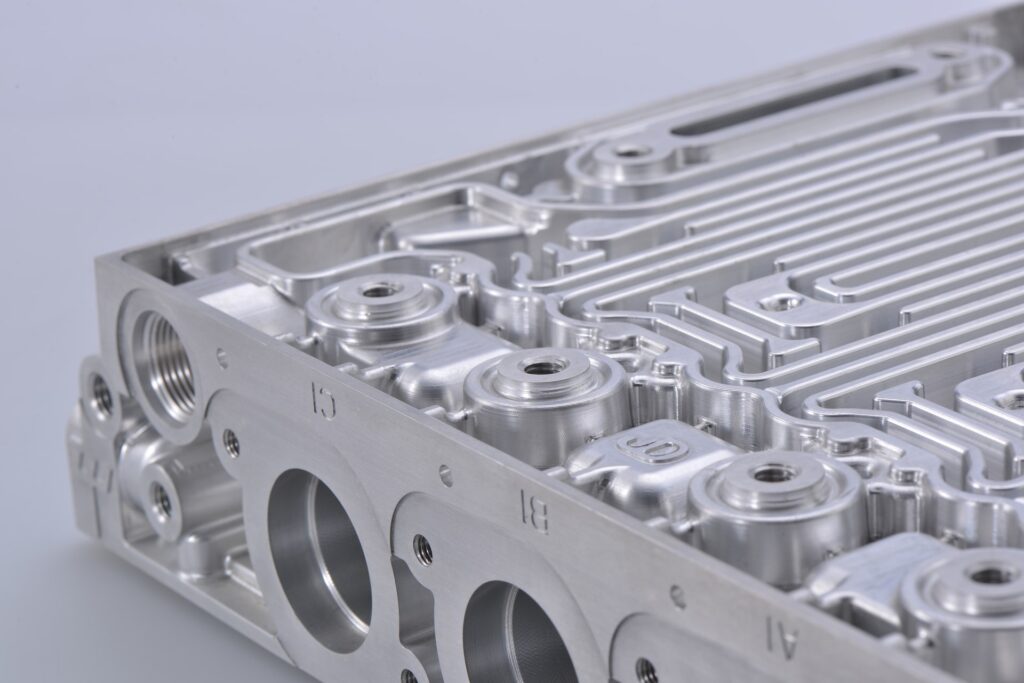
The CNC machine, known as a computer numerical control, is a cutting tool that can be maneuvered automatically by an engineer to make precise cuts on any given surface. CNC machines are used in all sorts of industries and for many different purposes: from aerospace engineering to medical products. The CNC’s precision and the various ways it can operate has made it one of the top choices for those looking to manufacture quality products; especially medical products become more and more interesting. They can be used for medical purposes such as creating bone structure and other types of prosthetics. Read here for more benefits of medical machining.
Many companies have been using CNC machines as a solution for low production rates and high costs associated with traditional manufacturing methods like injection molding or milling. This blog post will go into detail about what CNC machines are as well as their uses in the medical industry.
What is CNC Machining?
Computer Numerical Control (CNC) machining is the process of using computers to control the motions of machines that cut or shape materials such as metals, plastics and composites. CNC machining can be used for a variety of applications, including fabricating parts for medical products.
How Does CNC Machining Work?
CNC machines need to be fed with CAD Models (computer-aided design, a 3D computer design) of the desired product. The CNC machine then takes the information and quickly calculates how to cut and shape your product. After that, it will use a variety of different tools on the CNC machining device such as drills or cutting devices to create your desired 3D finished product. This can be made out of metal, wood or plastic.
There are different machines depending on the purpose. CNC machines are typically used for their ability to create large, accurate components with incredible speed. It is mostly used in the automotive sector, aerospace or other manufacturing industries.
The reason CNC machining is so useful in the medical industry is that it can be used to produce custom-made products which fit perfectly well together and help make life easier for both patients as well as doctors. Let’s take a closer look on that.
Why Is It Important For The Medical Industry
Currently, CNC machines are mainly used for creating medical products like bone implants or dental parts however if you expand further into research it will become essential for prosthetics and other orthopedic products.
CNC Machines are the future of medicine for many reasons. First off they can create models of bones or organs with extreme accuracy in a matter of hours compared to days which is extremely important when it comes to testing new medicines on cadavers or animals before its used on humans. This process saves time and money when creating these products because you don’t need to go through the long waiting periods or spend so much on supplies like cadavers or silicon molds.
Furthermore, CNC machines can be used for finding new innovative ways to perform surgeries that are minimally invasive. For example CNC machining is being considered as a way of making customized hip implants instead of the traditional method which takes hours upon hours in surgery and months with crutches or wheelchairs. Instead CNC machines allow you to create customized prosthetics and together with 3D printing can mark the future of medicine.
A cutting program can be generated from a digital CAD file very rapidly once it has been produced. This coding software may then be used to produce a single component or any number of components with the greatest precision and accuracy by simply pushing a button. When it comes to making single-use or one-off custom components that is frequently the case for highly specialized medical instruments, appliances, equipment, prosthetics, and other medical or surgical goods, being able to 3D print or create them with CNC without having to deal with post processing can be a huge benefit.
The Future Of Medicine
The benefits of using a 3D printer and CNC machines, including faster prototyping time and enhanced quality control have been well documented in the medical community. The potential for CNC machines to join the arsenal of tools used by medical professionals is great, and we can only hope that this technology will be used to improve the quality of life for all people in the future.
CNC Machining photo by Mastars on Unsplash